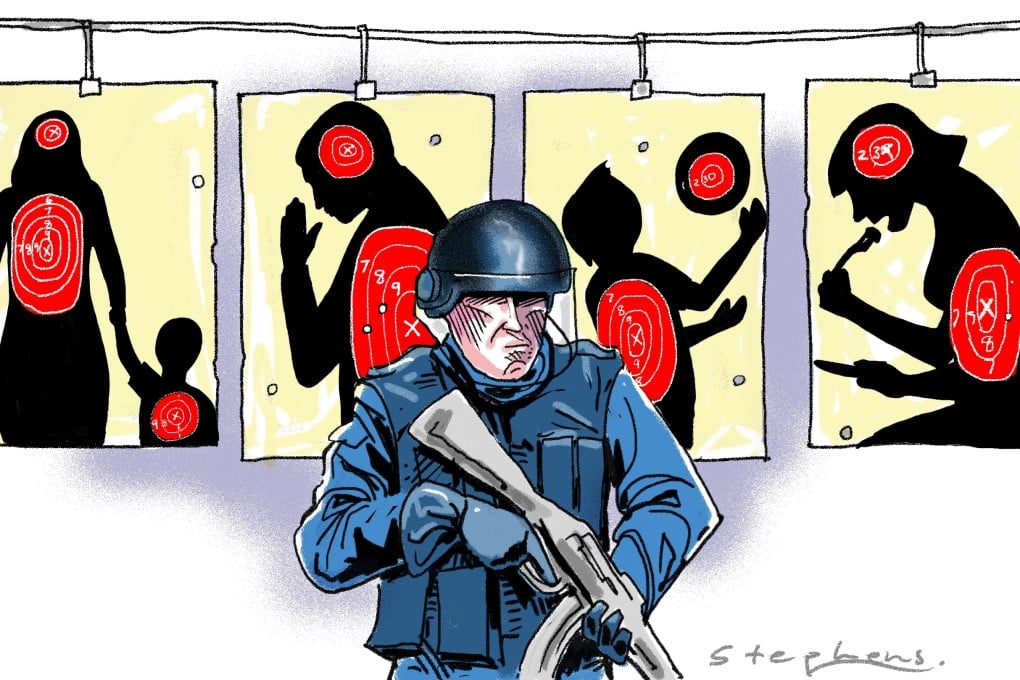After Sri Lanka bombings, security screenings could be coming to a shopping centre near you
- As terrorists increasingly turn their attention to soft targets, governments and businesses must move quickly and collaborate to fund and put in place enhanced security measures, especially in locations that have been terrorist targets in the past

I visited Colombo soon after the central bank bombing in 1996. I stayed at what was at the time considered the best hotel in town – the Hilton – and was surprised to see what lax security was in place there.
Even after the bank had been destroyed by a car bomb nearby, cars could freely drive up to the hotel’s front door. I distinctly recall having a conversation with the hotel’s security manager at the time and asking him why there were not more security precautions in place.
In countries such as India, Pakistan and the Philippines, the protocol is well established – government and large office buildings, luxury hotels, shopping centres, high-profile tourist attractions and public transport hubs have some security protocols in place, out of necessity.

